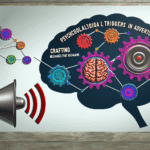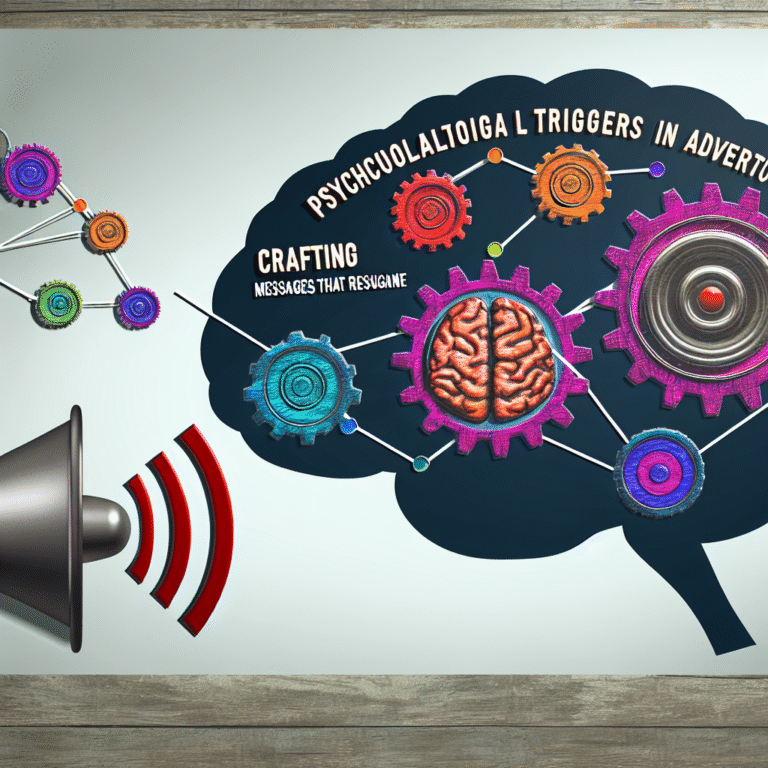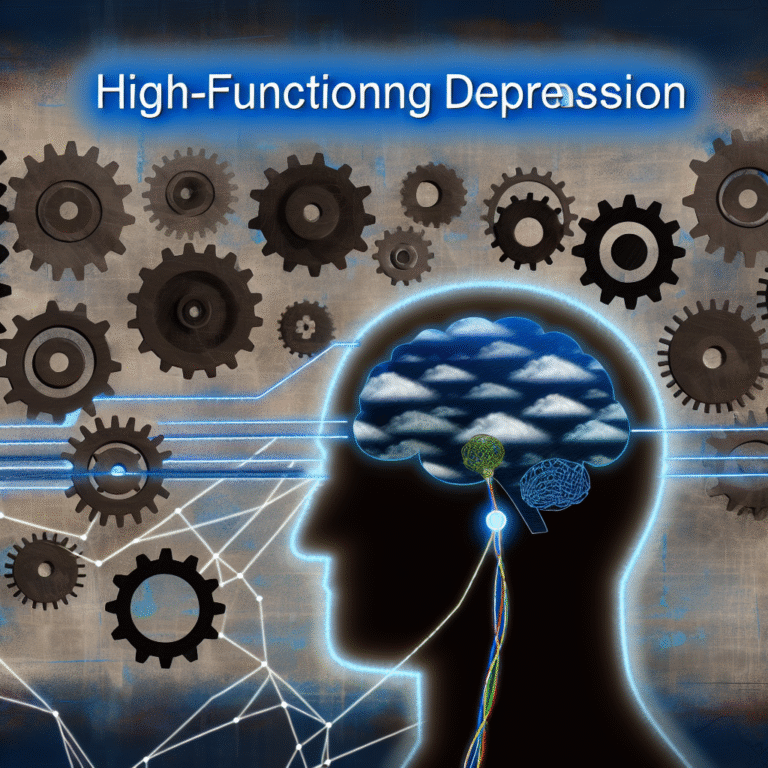
Introduction
In a world characterized by uncertainties, the ability to bounce back from adversity stands as a hallmark of human strength. Building Bridges: The Role of Social Support in Resilience and Recovery serves as a profound reminder of how interconnected we are—woven together by the threads of relationships and community support. When tough times strike, it’s often the relationships we’ve built over time that can make the difference between succumbing to despair or rising above challenges. This article delves into the critical function of social support in fostering resilience, supplemented by inspiring case studies, practical insights, and answers to common concerns.
Understanding Resilience: A Deeper Look
What is Resilience?
Resilience is the capacity to recover quickly from difficulties. It’s a psychological strength that allows individuals to cope with stress, adversity, and trauma. A resilient person doesn’t simply endure through hardships; they thrive because they learn and adapt from their experiences.
The Connection to Social Support
Social support embodies the various forms of assistance individuals may receive from family, friends, and community networks. This support can be emotional, informational, or practical. The concept of Building Bridges: The Role of Social Support in Resilience and Recovery emphasizes that our social ties are not just beneficial; they are essential for our overall mental health and recovery mechanisms.
The Science Behind Social Support and Resilience
The Psychological Framework
Studies have consistently shown that social support can buffer the effects of stress and improve mental health outcomes. According to Cohen and Wills (1985), social support acts as a protective factor, reducing the risks of psychological distress.
Key Findings
| Aspect | Impact on Resilience | Reference |
|---|---|---|
| Emotional Support | Enhances personal coping | Cohen & Wills (1985) |
| Informational Support | Provides strategies for coping | Taylor et al. (2000) |
| Practical Support | Ensures basic needs are met | Uchino (2009) |
Building Bridges in Times of Crisis
Case Study 1: Communities Responding to Natural Disasters
Consider the aftermath of Hurricane Katrina. Communities that had strong pre-existing social networks exhibited higher resilience. Residents who had supportive family ties or were active in local organizations showed a faster recovery in terms of mental health and overall well-being. Building Bridges: The Role of Social Support in Resilience and Recovery became evident as neighbors rallied together to aid one another, sharing resources and emotional support during the rebuilding phase.
Analysis: This case shows that the strength of community ties can significantly influence recovery outcomes, demonstrating that social support is more than just a network; it’s a lifeline.
Case Study 2: The Role of Online Communities
In an age where digital connections can be as meaningful as face-to-face interactions, consider the experience of individuals coping with chronic illness. Online platforms like forums and support groups play a vital role in providing emotional and informational support.
Analysis: This case illustrates how virtual connections can be a powerful form of support, especially when geographical or physical barriers exist.
Practical Insights for Building Effective Support Networks
Cultivating Relationships
To harness the power of social support, it’s essential to actively cultivate and maintain relationships. Here are several actionable steps:
Connect Regularly: Make an effort to reach out to friends and family members. Regular communication strengthens bonds.
Join Groups or Clubs: Engage in community activities or hobbies that interest you. This expands your network and introduces you to new people.
Be Open and Vulnerable: Sharing your challenges with others can foster deeper connections and open the door for mutual support.
- Offer Support: Mutual support reinforces relationships. Being there for others in their time of need can create a cycle of kindness.
Table: Steps to Enhance Social Support
| Step | Description |
|---|---|
| Regular Check-Ins | Schedule routine calls or visits. |
| Group Activities | Engage in community or club spaces. |
| Express Vulnerability | Share your feelings and experiences. |
| Provide Support | Actively listen and assist others. |
The Importance of Emotional Intelligence
Being Emotionally Available
Emotional intelligence—the ability to understand and manage your own emotions and those of others—plays a crucial role in Building Bridges: The Role of Social Support in Resilience and Recovery. Individuals with high emotional intelligence can connect more deeply with others, leading to stronger social support networks.
Case Study 3: High EI in Workplace Recovery
Organizations that foster emotional intelligence among their employees often see higher resilience during tough economic times. Employees skilled in recognizing stress signals in their colleagues can offer timely support, thereby enhancing collective resilience.
Analysis: Companies that prioritize emotional intelligence create a resilient workforce, demonstrating the tangible benefits of social support in professional settings.
Conclusion: Taking Action to Build Bridges
The journey of resilience and recovery is never undertaken alone. Building Bridges: The Role of Social Support in Resilience and Recovery highlights the undeniable importance of the relationships we form and the support we offer and receive. By fostering stronger connections, actively seeking support, and developing emotional intelligence, we can significantly enhance our ability to navigate life’s challenges.
Motivational Takeaway
Start today—reach out to a friend, join a new community, express your feelings openly. Every small step contributes to a more resilient you and fortifies the bridge of social support that can uplift not only you but those around you.
FAQs: Common Concerns About Social Support and Resilience
1. How can I identify if I have an adequate support system?
Look for aspects such as frequency of contact, emotional availability, and willingness to assist. A diverse network is often more beneficial than a small circle.
2. What if I feel too embarrassed to seek help?
Feeling vulnerable is natural. Remember that most people appreciate honesty and will admire your courage in reaching out.
3. How can I support someone who seems withdrawn?
Encourage open communication and offer your presence without pressure. Sometimes, just being there is enough.
4. Can online friendships be as effective as face-to-face connections?
Yes, especially when they provide emotional support and understanding that may be absent in local relationships. Quality matters more than format.
5. What are some signs that I need to strengthen my support network?
Feelings of loneliness, increased stress, and a sense of overwhelm can signal the need for more robust connections.
This article endeavors to provide unique perspectives and actionable insights on Building Bridges: The Role of Social Support in Resilience and Recovery, equipping readers with the knowledge and inspiration needed to foster meaningful connections. Whether navigating personal challenges or fostering community resilience, understanding the essence of social support is paramount in our journey toward recovery and growth.
















